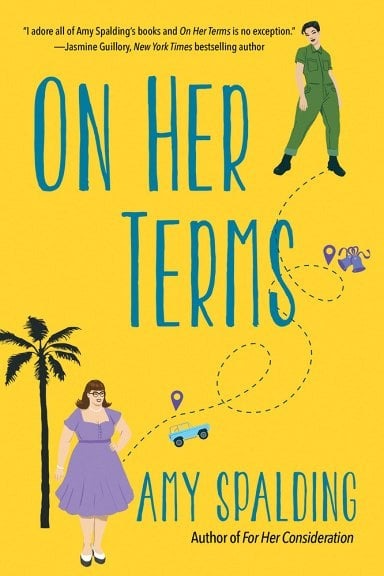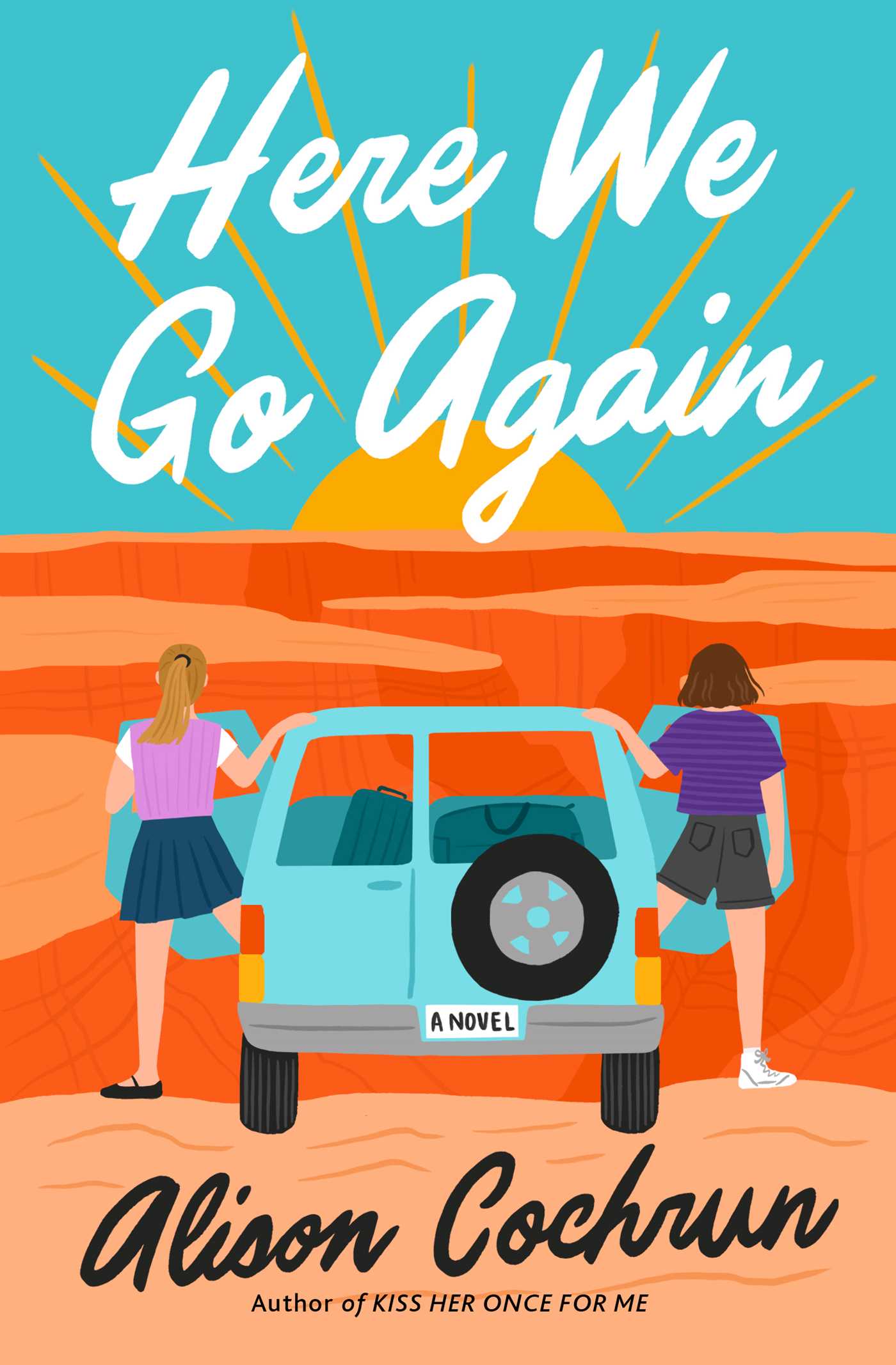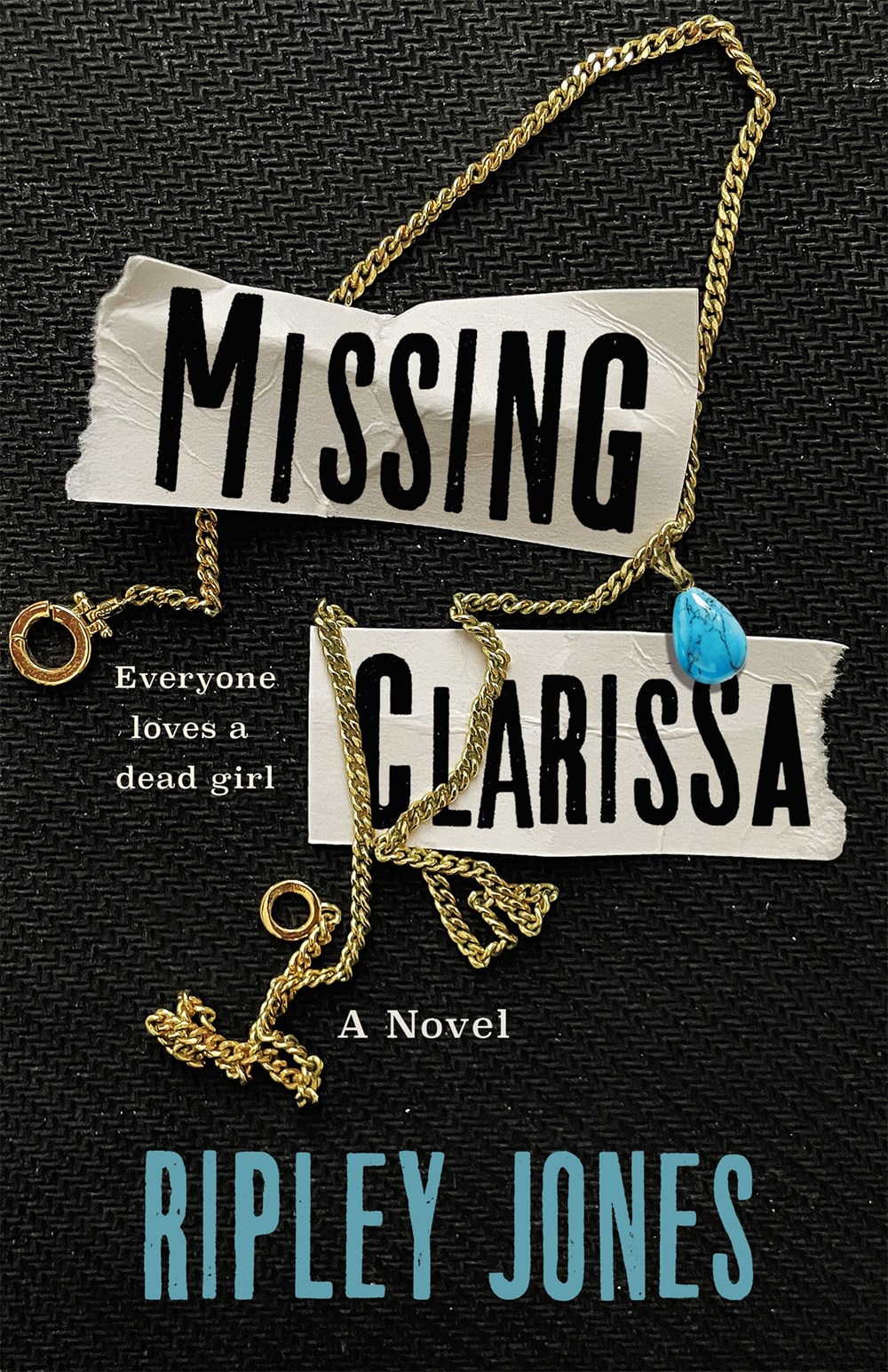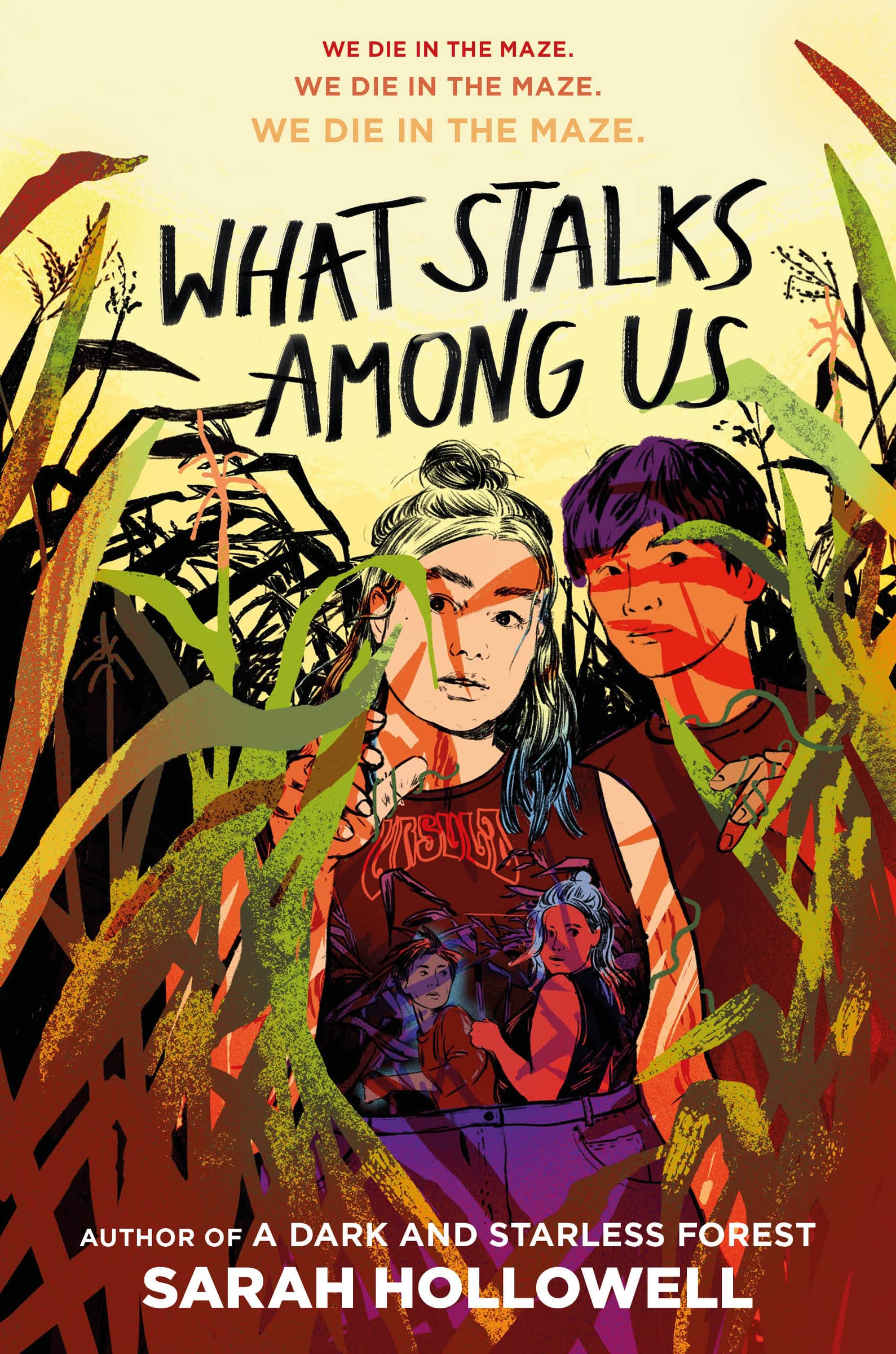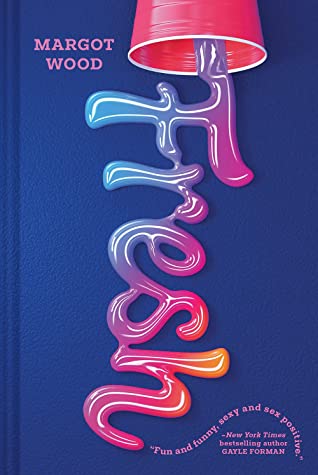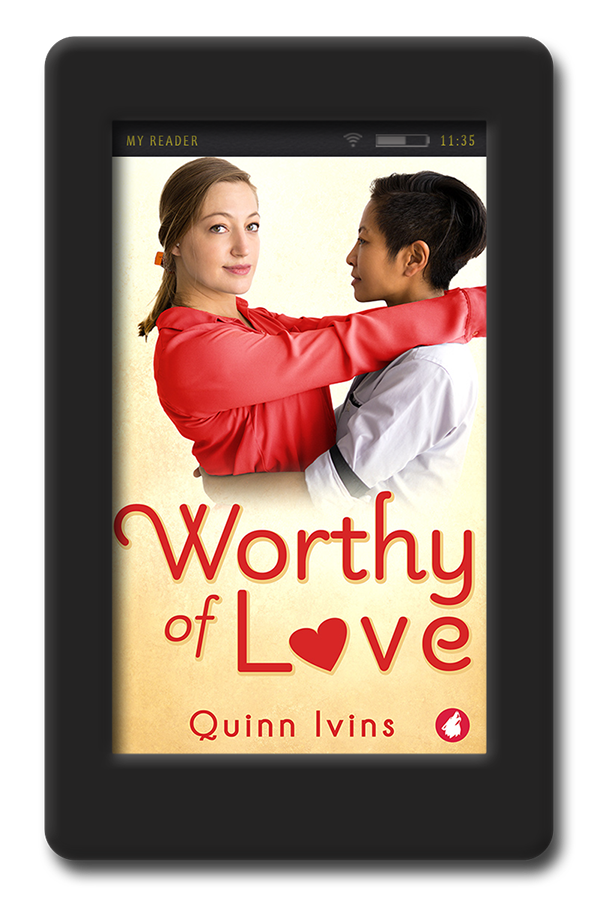Immediately after recognizing her bisexuality, Clementine gets swept up in a (somewhat boring) long-term relationship with a boyfriend who wants a conventional, white-picket-fence-and-a-baby ever after. After breaking up with him, she’s ready to dive into her “baby gay” era—if only her friends and family would stop looking at her with pity. After meeting Chloe LeeRead More
A Lavender Haze Love Story: Late Bloomer by Mazey Eddings
Buy this from Bookshop.org to support local bookstores and the Lesbrary! “I wish I could say it gets better, but it only gets worse.” “Nothing says love like Taylor Swift.” There is a lot to like about Late Bloomer by Mazey Eddings, but these two lines are what made the book stand out for me. In context,Read More
The Joy of Neurodivergent Romance: Late Bloomer by Mazey Eddings
Buy this from Bookshop.org to support local bookstores and the Lesbrary! If reading Here We Go Again by Alison Cochrun and Late Bloomer this year has taught me anything, it’s that I have a type in romance novels: two neurodivergent sapphics in love. When Opal wins the lottery, she’s overwhelmed by everyone in her lifeRead More
A Lesbian Road Trip Romcom About Death: Here We Go Again by Alison Cochrun
Buy this from Bookshop.org to support local bookstores and the Lesbrary! I read Alison Cochrun’s previous book, Kiss Her Once for Me, and liked it, but I was not expecting to love this one quite as much as I did. Some of that is for reasons that will translate to many other readers, and someRead More
Two Takes On Intersectional #MeToo YA Lit: What Works and What Doesn’t
Trigger warnings (apply to both books): sexual assault, grooming, minor instances of racism (mostly microaggressions) Trigger warnings (Missing Clarissa): kidnapping, gun violence Trigger warnings (For Girls Who Walk Through Fire): ableism, supernatural violence This past month, I read two books that struck me as remarkably similar. Both were multiple perspective YA books that dealt withRead More
When We Find Our Bodies in the Cornfield: What Stalks Among Us by Sarah Hollowell
Bookshop.org Affiliate Link I don’t know if this book will be for everyone, but it was a perfect read for me. The premise of this YA horror novel is that two friends get lost in an ever-shifting corn maze, and then they find their own dead bodies in the maze and have to figure outRead More
Ted Lasso But Make It Sapphic: Cleat Cute by Meryl Wilsner
Bookshop.org Affiliate Link “Calling Phoebe loud and obnoxious and gay ignores all her layers and contradictions. That’s Grace’s issue with fame—people take you at face value. Nobody bothers to look for the person beneath the brand.” ⚠️ Spoilers ahead. Book contains graphic sex scenes. ⚠️ Phoebe Matthews is ready to take her first season as aRead More
Larkie reviews How to Find a Princess by Alyssa Cole
Amazon Affiliate Link | Bookshop.org Affiliate Link Alyssa Cole is a master of over the top, slightly ridiculous romcom writing, which always makes for delightfully fun books that hit all the emotional highs and lows of a perfect romance. How to Find a Princess is the second in her Runaway Royals series, although like most good romanceRead More
Danika reviews Fresh by Margot Wood
Amazon Affiliate Link | Bookshop.org Affiliate Link I picked up Fresh when I was in a bit of a reading slump, and in the first few pages, I wasn’t sure what to think of it. It definitely has a distinct voice. It’s a first person point of view, and it sure sounds like a collegeRead More
Shira Glassman reviews Worthy of Love by Quinn Ivins
The plot: Closeted political lawyer newly released from prison on a corruption charge and therefore utterly friendless and disgraced, ends up working random retail where she meets an adorable, hospitable Southern femme. I’ve been in a huge reading slump since the lockdown started, sticking with familiar stories I already knew–to the point where there’s atRead More
